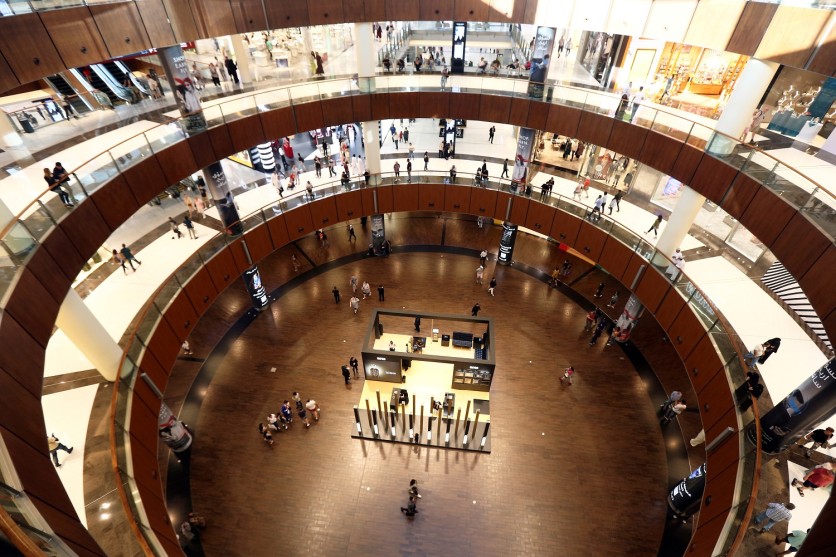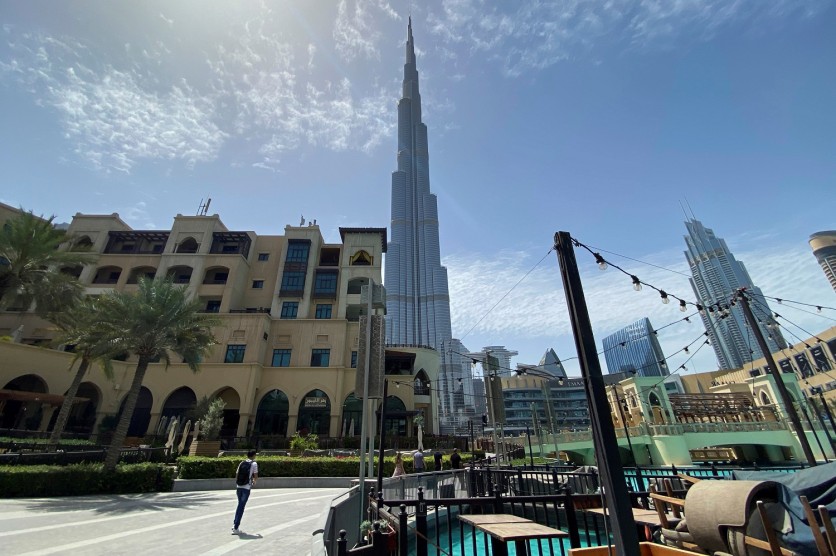As the majority of the world's population is currently restricted from going out, many people are forced to shop online as stores are shut down due to the coronavirus pandemic.
The Dubai government is expecting the trend to continue, so it plans to have a new free trade zone for e-commerce. Dubbed as the "Dubai Commercity," this will be the online retailers' main office, which was driven by the health crisis.
The project will cost about 3.2 billion AED ($870 million) and will be developed next to Dubai International Airport. The Commercity is the first of its kind in the region.
The site is a joint venture between the Dubai Airport Freezone Authority (DAFZA) and property firm Wasl, which are both state-owned.

DAFZA Director-General Mohammed al Zarooni said building a world-class e-commerce facility is highly needed at this time. "Having previously identified the region's growing e-commerce market and given the traction witnessed by clients (going) online due to the pandemic, we are on track for the scheduled opening by the end of 2020," said al Zarooni.
Dubai's online shopping haven
The new online shopping center will lie on 2.1 million square feet, which is about the size of New York's Grand Central Station. It will be divided into business, logistics, and social clusters with the business area to have 12 office buildings with modern facilities and sustainable design for various companies.
Currently, developers have already made agreements with unnamed companies, including popular clothing, jewelry, and electronics retailers. Although tenants do not need to pay income or corporation tax, they will still get complete support, including administration, immigration, banking, and healthcare services.
Tenants can also use the logistics cluster, which consists of the AI-powered warehouses and restaurants and cafes in the social cluster.
The first set of buildings will be opened in November, although staged openings are likely to happen until the project's completion in 2023.
"Commercity" developers are confident that e-commerce investment will continue as the market could greatly develop.

A report from industry and market analysis company BMI research shows that e-commerce in the Middle East is projected to reach $48.6 billion in 2022, which is $26.9 billion higher than the 2018 earnings, particularly with the UAE and Saudi Arabia.
Also, DAFZA's research shows that e-commerce in the Middle East, North Africa, and Southeast Asia has an annual growth rate of 24.6% until this year.
Meanwhile, Mehrnoush Shafiei, an analyst at research group Euromonitor, said these predictions are largely justified, although the industry is growing from a low base.
The analyst said a major beauty retailer in the UAE with a great online shopping portal only receives 1% of its sales from its online portal while the rest comes from stores.
"The technology is there, the state support is there, and the people are ready for it," said Shafiei adding that the country is already "primed for digitization."
Shafiei said he expects a steep rise in the industry's growth, provided that "Commercity can help facilitate transactions to increase speed and efficiency."
ⓒ 2026 TECHTIMES.com All rights reserved. Do not reproduce without permission.




